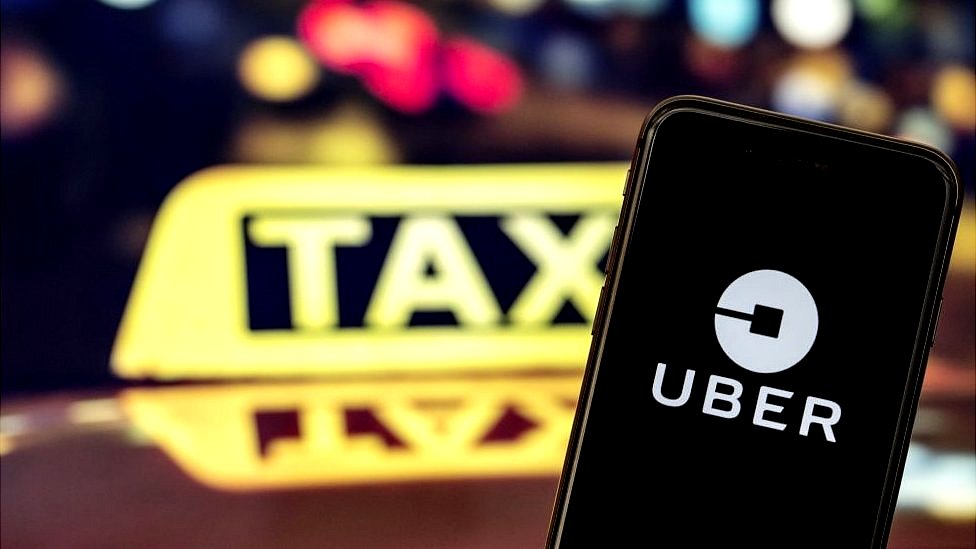Charging EVs at Night Might Become More Expensive
September 23, 2022 By Prelo Con
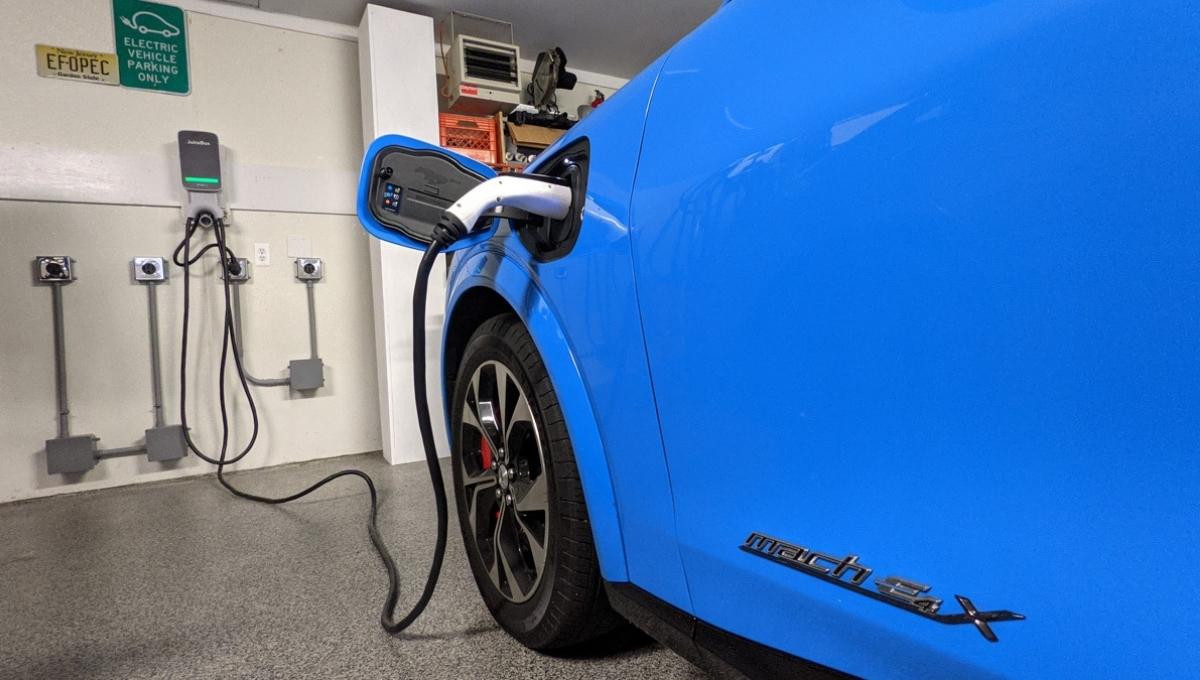
(Image Credit Google)
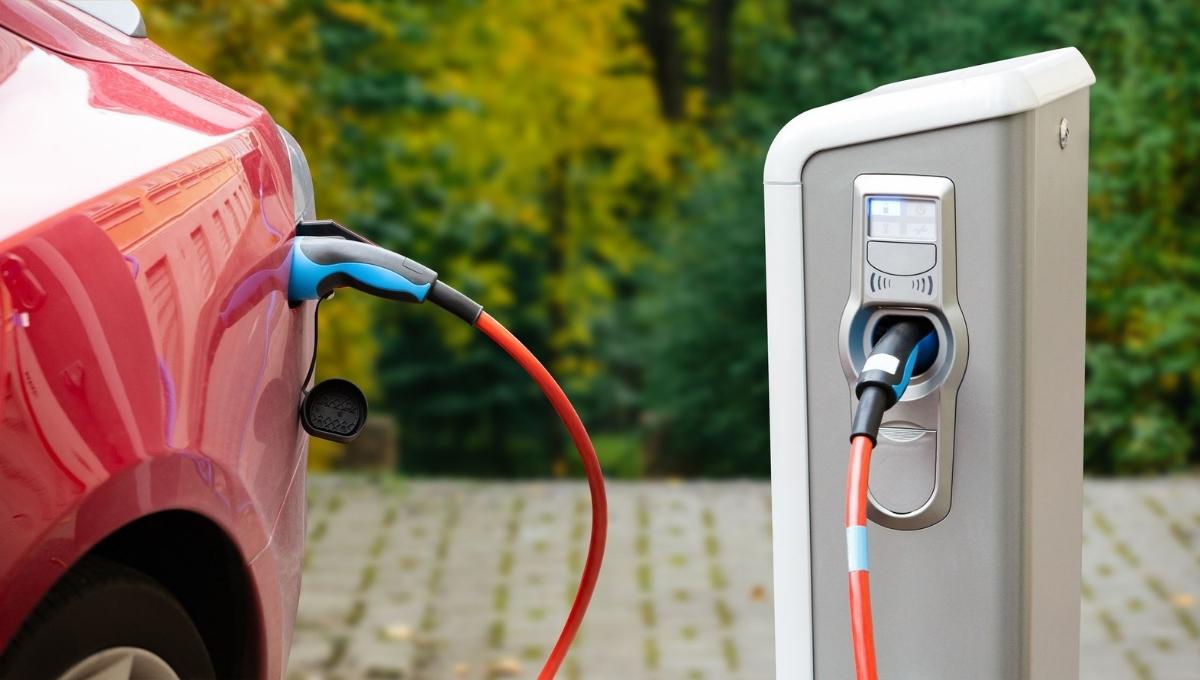 Furthermore, the team claims that under a "stress test" scenario where every vehicle on the road is a plug-in model, that demand might increase by as much as 50%. Plus, prices rise as a result of increased demand. Therefore the heyday of inexpensive overnight charging may be coming to an end.
Moreover, the study's authors advise vehicle owners to charge more during the day at work or at public charging stations to better prepare for a future with more EVs. And as additional renewable energy sources, such as solar and wind power, come online, this becomes even more crucial.
Furthermore, the team claims that under a "stress test" scenario where every vehicle on the road is a plug-in model, that demand might increase by as much as 50%. Plus, prices rise as a result of increased demand. Therefore the heyday of inexpensive overnight charging may be coming to an end.
Moreover, the study's authors advise vehicle owners to charge more during the day at work or at public charging stations to better prepare for a future with more EVs. And as additional renewable energy sources, such as solar and wind power, come online, this becomes even more crucial.
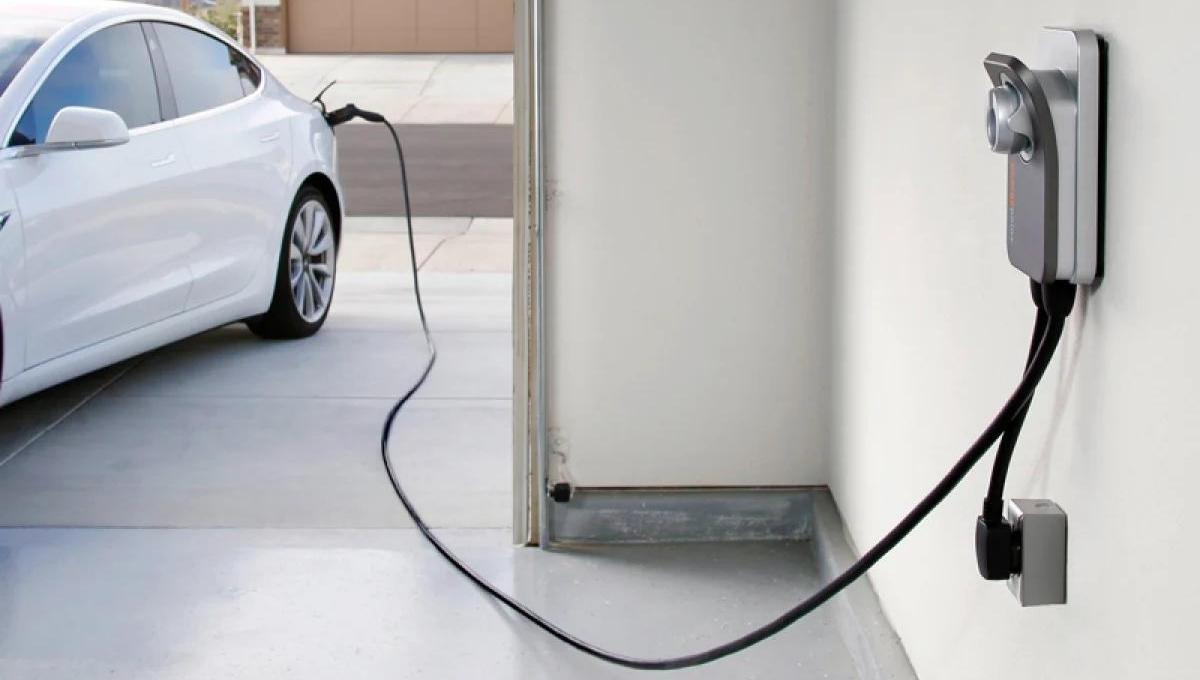 According to the study, "In the future grid with higher renewable generation, timing is more important, and net demand tells a different story than total demand. So, shifting drivers from home to daytime charging improves all metrics of grid impact, including ramping, use of non-fossil fuel generation, storage requirements, and emissions. This insight is robust across varying levels of EV adoption."
According to the study, "In the future grid with higher renewable generation, timing is more important, and net demand tells a different story than total demand. So, shifting drivers from home to daytime charging improves all metrics of grid impact, including ramping, use of non-fossil fuel generation, storage requirements, and emissions. This insight is robust across varying levels of EV adoption."
More details
Even though California has the most registered EVs on the road today—roughly 1 million plug-in models, or around 6% of all vehicles—this is undoubtedly a national issue. The study's principal author, Siobhan Powell, said in an email, "All states may need to rethink electricity pricing structures as their EV charging needs increase and their grid changes." Besides, switching more US drivers to plug-in power is essential to decreasing pollution, cutting carbon emissions, and combating climate change. But a lot of obstacles still remain. For instance, compared to gas-powered versions, EVs are more expensive and, as of now, more difficult to find. Plus, the US's faulty charging infrastructure might prevent EV adoption from becoming more widespread. Additionally, there are issues with the supply chain due to the strong demand for the materials required for lithium-ion batteries.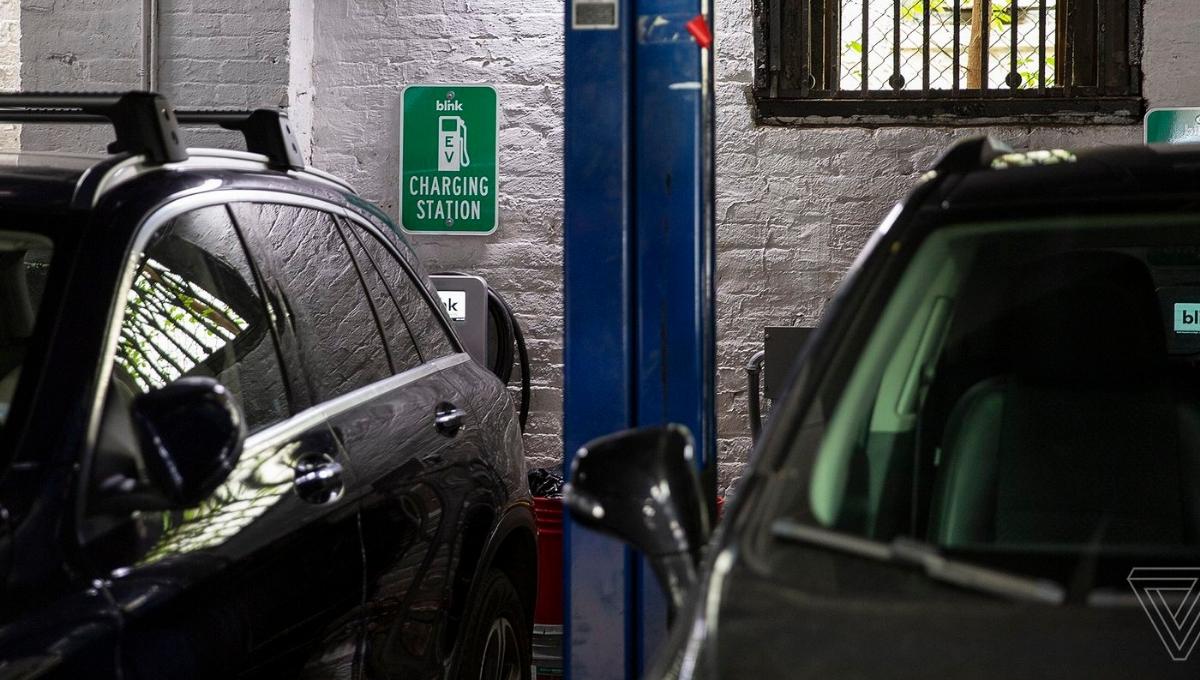 On another note, the Biden administration has recognized charging as a special problem, investing billions of dollars in building more chargers nationwide, including DC fast chargers that can charge an EV much more quickly than normal Level 2 chargers. However, there is less focus on proper grid management, which will become more of a problem as EV sales increase.
Plus, the business case for building more charging stations is further complicated by the fact that demand charges from utility providers frequently account for the majority of charging firms' operational costs. Plus, based on the amount of charge they offer, the overall cost of electricity is higher. So, if the government wishes to encourage the EV charging industry, they need to revise these estimates.
On another note, the Biden administration has recognized charging as a special problem, investing billions of dollars in building more chargers nationwide, including DC fast chargers that can charge an EV much more quickly than normal Level 2 chargers. However, there is less focus on proper grid management, which will become more of a problem as EV sales increase.
Plus, the business case for building more charging stations is further complicated by the fact that demand charges from utility providers frequently account for the majority of charging firms' operational costs. Plus, based on the amount of charge they offer, the overall cost of electricity is higher. So, if the government wishes to encourage the EV charging industry, they need to revise these estimates.
Leave a Reply

Apple's iOS 18: A Leap into the AI Era
March 12, 2024

Google's Regular Pixel 8 Won't Get Gemini Nano AI
March 12, 2024

MacBook Air M3 Makes Amends for M2's Storage Blunder
March 11, 2024

Samsung Unveils the Galaxy M15 5G
March 11, 2024

Elon Musk's xAI to Open-Source Chatbot Grok
March 11, 2024

Contra: Operation Galuga - A Modern Run-and-Gun Classic
March 11, 2024

Musk Confirms X's TV App Arrives This Week
March 11, 2024
RELATED NEWS
2
3
4
5
6
7
8
9
10



